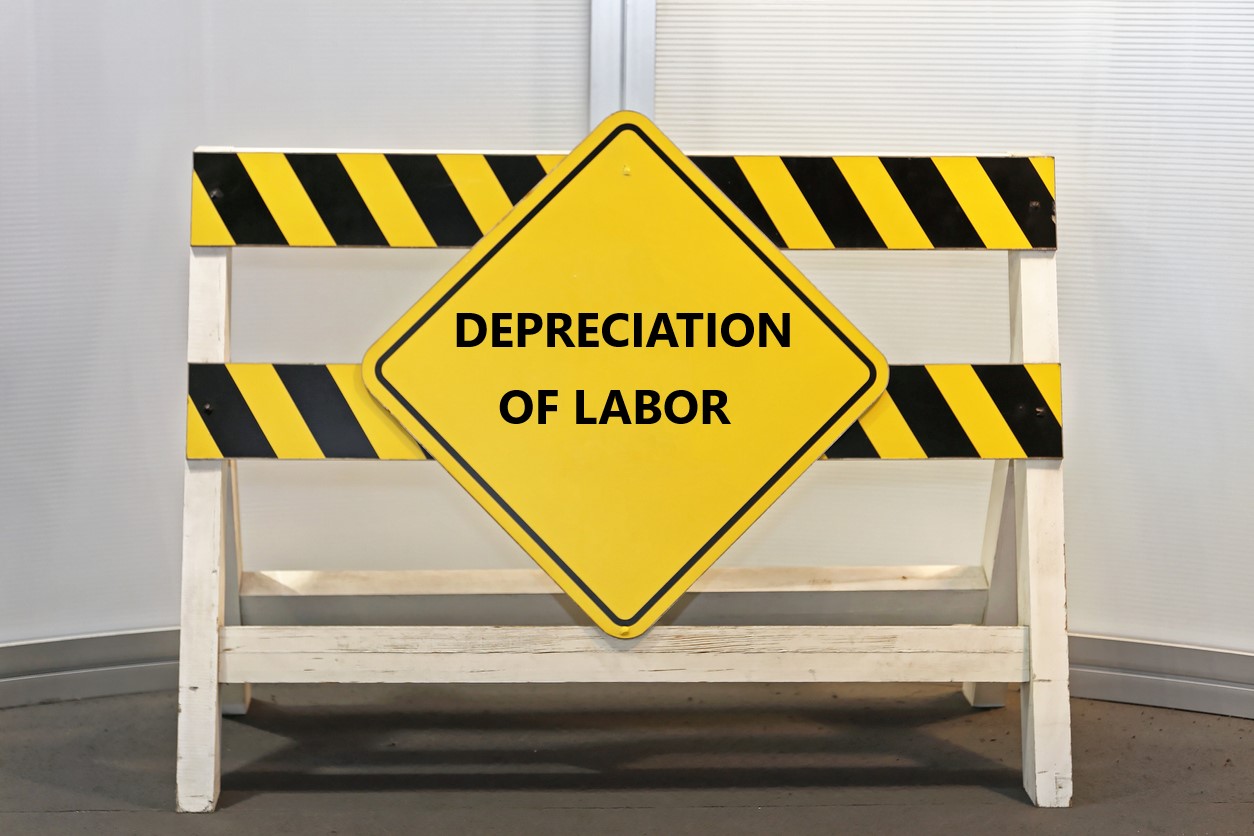(Note: This Guest Blog is by Javier Delgado, an attorney with Merlin Law Group in the Houston, Texas, office. This is the first in a series he and fellow attorney Tina Nicholson will be writing on Texas property insurance issues).
“WHAT DO YOU MEAN YOU CAN’T TELL ME EVERYTHING THAT YOU HAVE LEARNED ABOUT TWIA?”
No, this is not a typographical error. There are many things that we have learned about Texas Windstorm Insurance Association (TWIA) and many things that we cannot openly discuss.
In any regular first party insurance contract case whether the damages are $1,000 or $10 million dollars, the discovery process is generally the same. In discovery, interrogatories (written questions), Requests for Production (written request for copies of documents or production of evidence), and Requests for Admissions (written assertions asking opponent to admit or deny) are all sent to the opposing side. We determine the witnesses that are necessary to prove our case for breach of contract, fraud, unfair claims handling, etc., and schedule those depositions in a certain fashion to best suit our case.
This sounds easy but it is actually very complicated even in a singular case. Now, how much more complicated does it become when there are approximately ten thousand cases or more against the same insurance company, namely TWIA? In order to keep the judicial process from coming to a halt and to more efficiently litigate all of these cases, it was necessary for both the Plaintiffs Bar and TWIA to make some concessions. These concessions with regard to discovery are in the form of an agreed protective order for the exchange of documents between the Plaintiff’s Bar and TWIA.
The following is a general explanation of the discovery being conducted at the present time between the Plaintiff’s Bar and TWIA. In addition, I will briefly explain some of the limitations imposed during the discovery process.
Our law firm has received over twenty thousand (20,000) pages of documents from TWIA and will continue to receive documents on a regular basis. We anticipate receiving another twenty thousand plus more documents. As a result, we have dedicated attorneys, and numerous full time staff to do nothing other than read through the documents, sorting, indexing, and identifying key information contained within them. Having this information so early in the litigation process is an excellent way to begin the evaluation of each case individually and will allow both the Plaintiffs and TWIA to consider the early settlement value more accurately, especially in regards to the issue of unfair claims handling. This information however, is not obtained without some concessions to the party producing the documents.
In accordance with an agreed Protective Order between the Plaintiff’s Bar and TWIA, documents marked by TWIA attorneys as confidential shall be deemed confidential and shall not be disclosed to any person except in accordance with the terms of the protective order. The information is to be used solely for the purpose of the preparation and trial of Ike cases and other related litigation against TWIA, TWIA employees, third party adjusting firms and their employees. The only persons entitled to learn of the confidential information are the named parties, their counsel, and any experts hired in the case.
Even if you are entitled to learn of this information, you cannot share it with others and must first sign a written acknowledgement to be bound by the protective order. Any violation of the protective order and the violator will be subject to contempt of court. The order requires that the party producing the documents (TWIA for example) be notified of any inadvertent disclosure of documents and provide the name and address of such persons that inadvertently received the confidential information. The protective order also addresses depositions and, as one might expect, deposition testimony is considered to be confidential information protected by the order. Like everything else in our legal system, there is almost always a legal loophole, and here is the loophole for this set of cases: at any time after the delivery of confidential documents, and after making a good-faith effort to resolve any disputes regarding whether the information should be confidential, counsel can send a written challenge to the party producing the information, and eventually a hearing before the court will determine the outcome.
So we can’t gossip about the information, we can’t share it with family and friends, we cant blog about it, and we can’t even consider it a source of information if planning to write a book about this tragic event. Are these concessions necessary? Absolutely; sometimes it can take two months to get a hearing before a court to determine whether or not the insurance company must turn over emails about just one topic, or even just one document. There is a two year statute of limitations in Texas on Ike claims and time is of the essence. The key here is to keep one’s eye on the ball and achieve the goal. The goal as policyholder attorneys is to gather as much information as possible regarding the adversary and use that information to prove each element of the case and ensure that each one of our clients receives the maximum amount of recovery allowed under the law.



